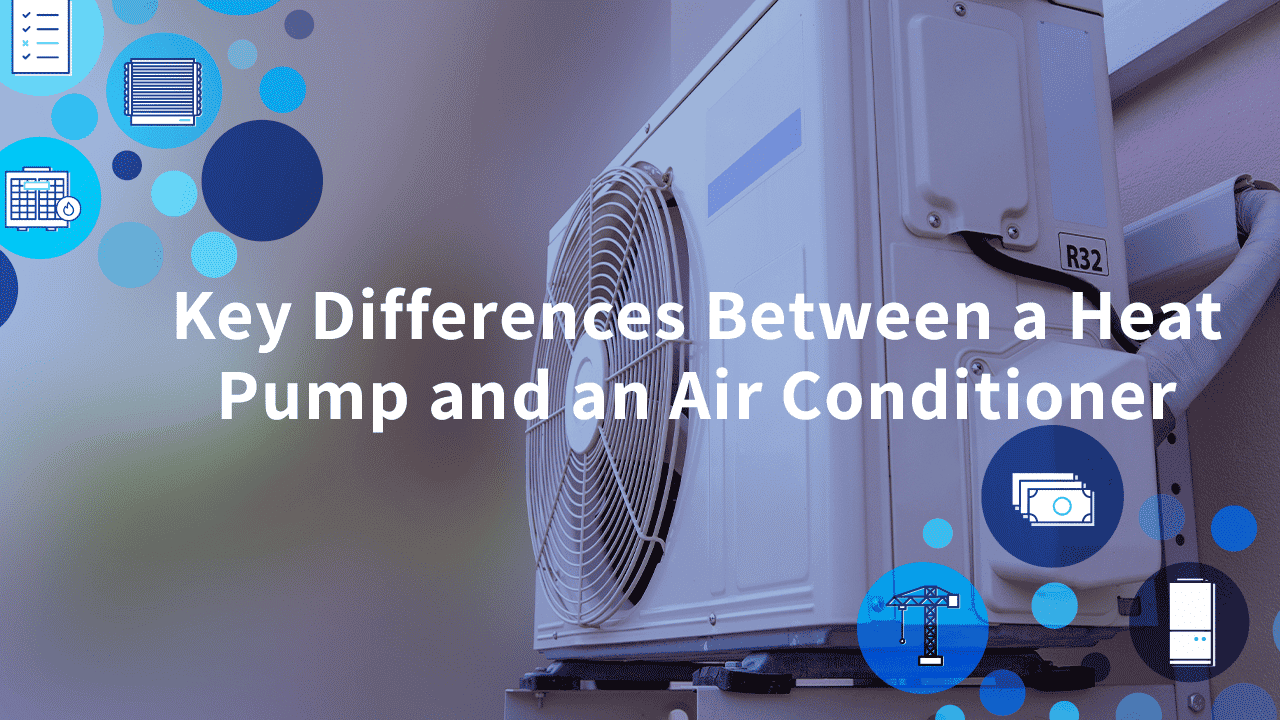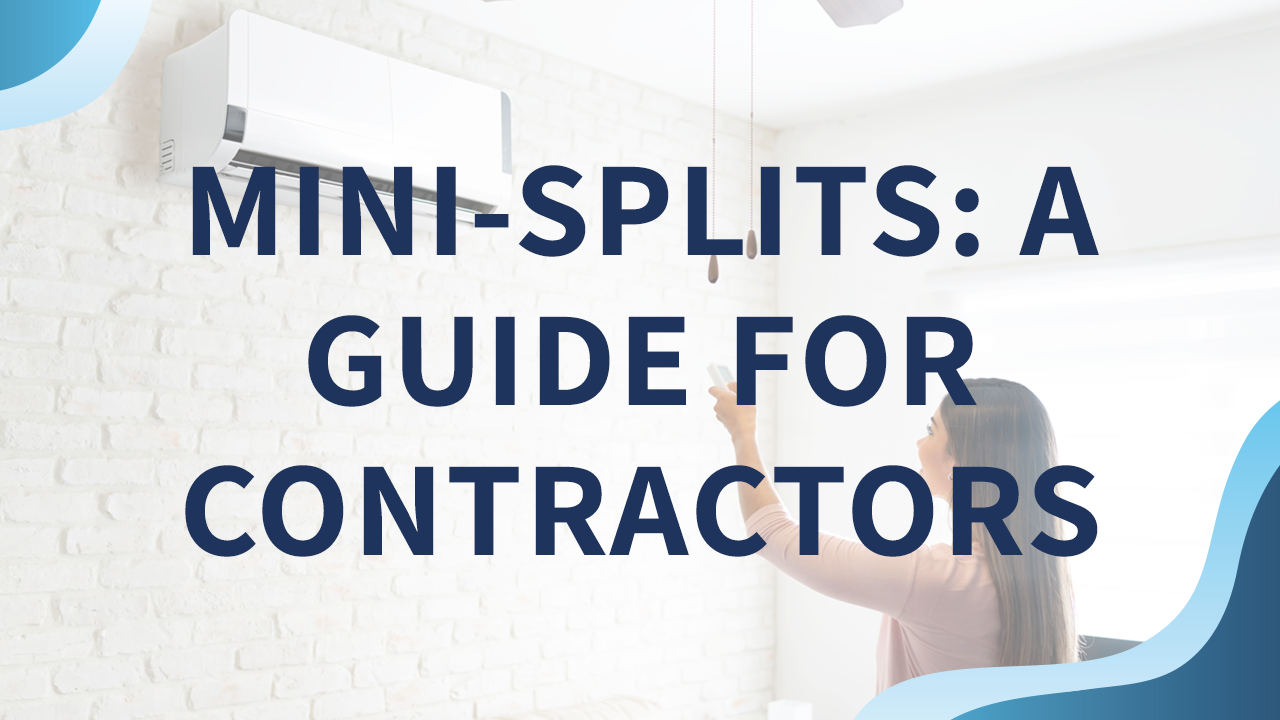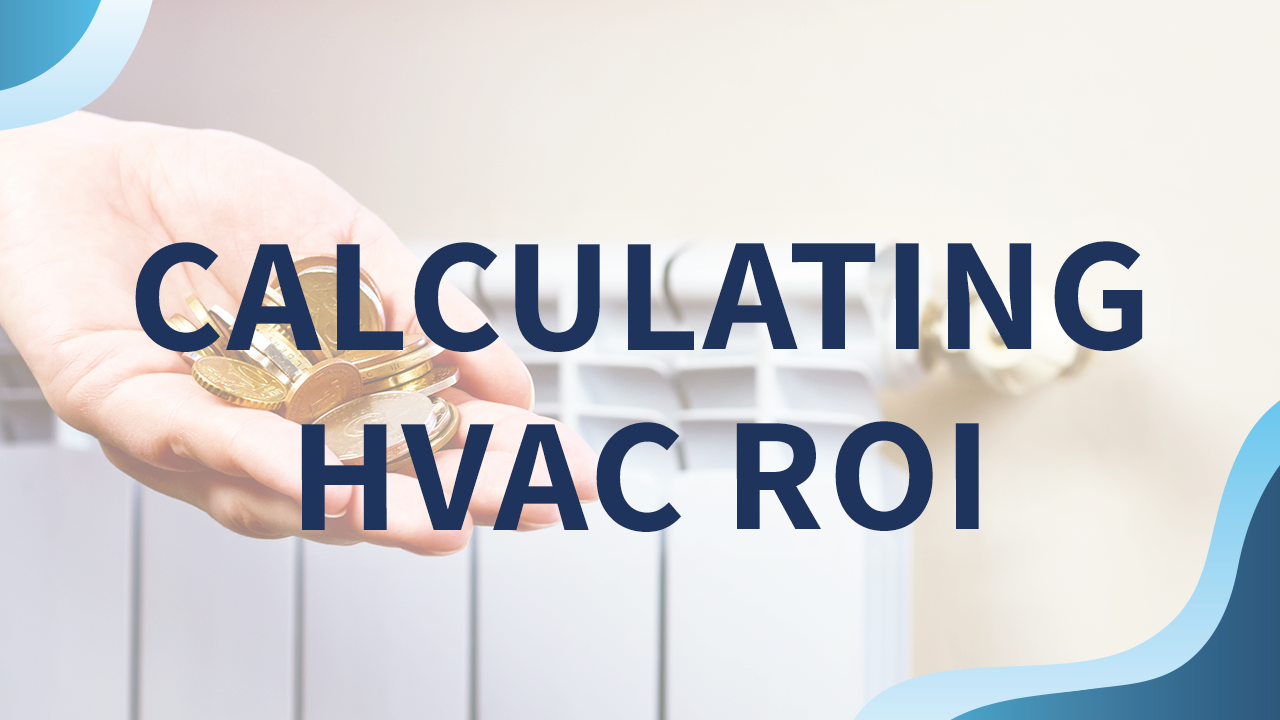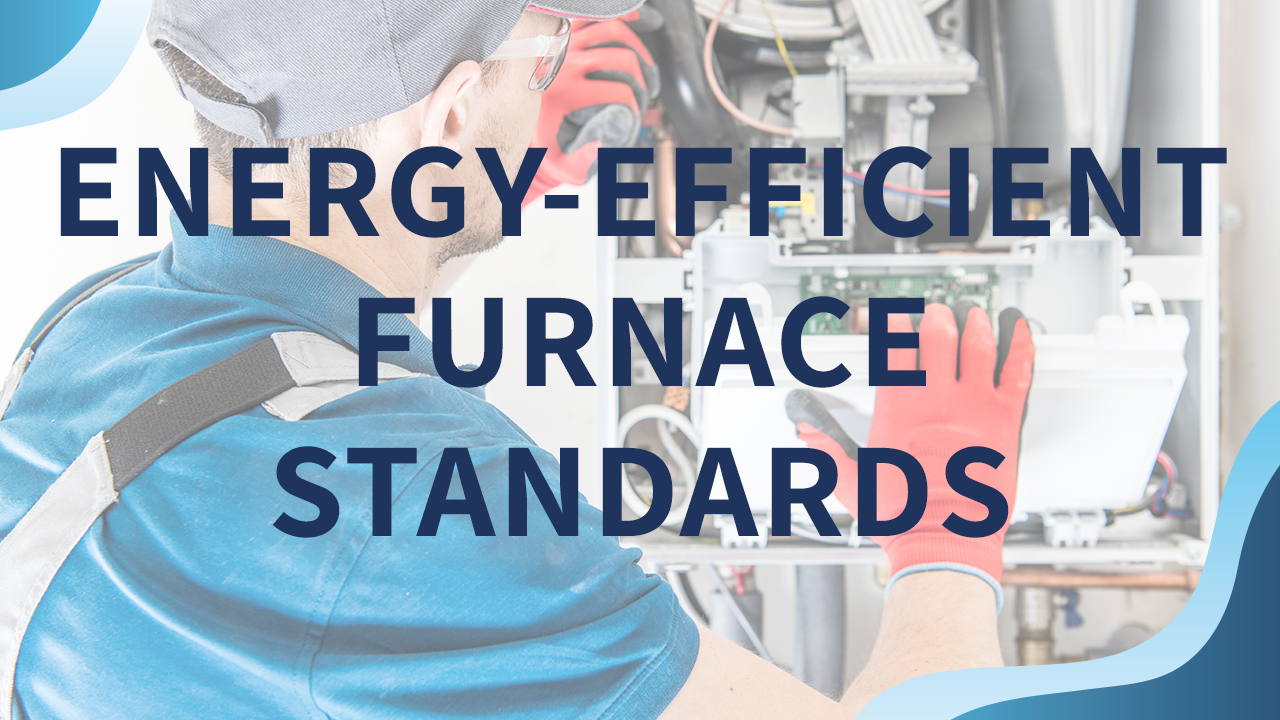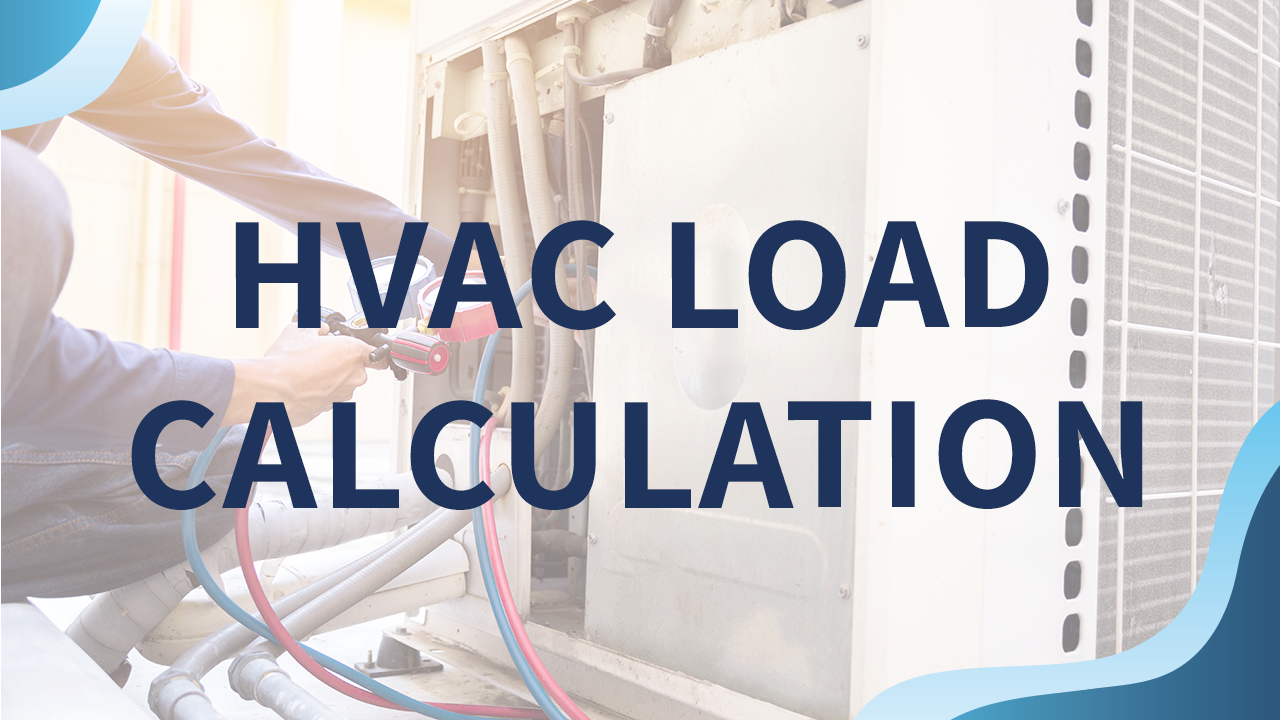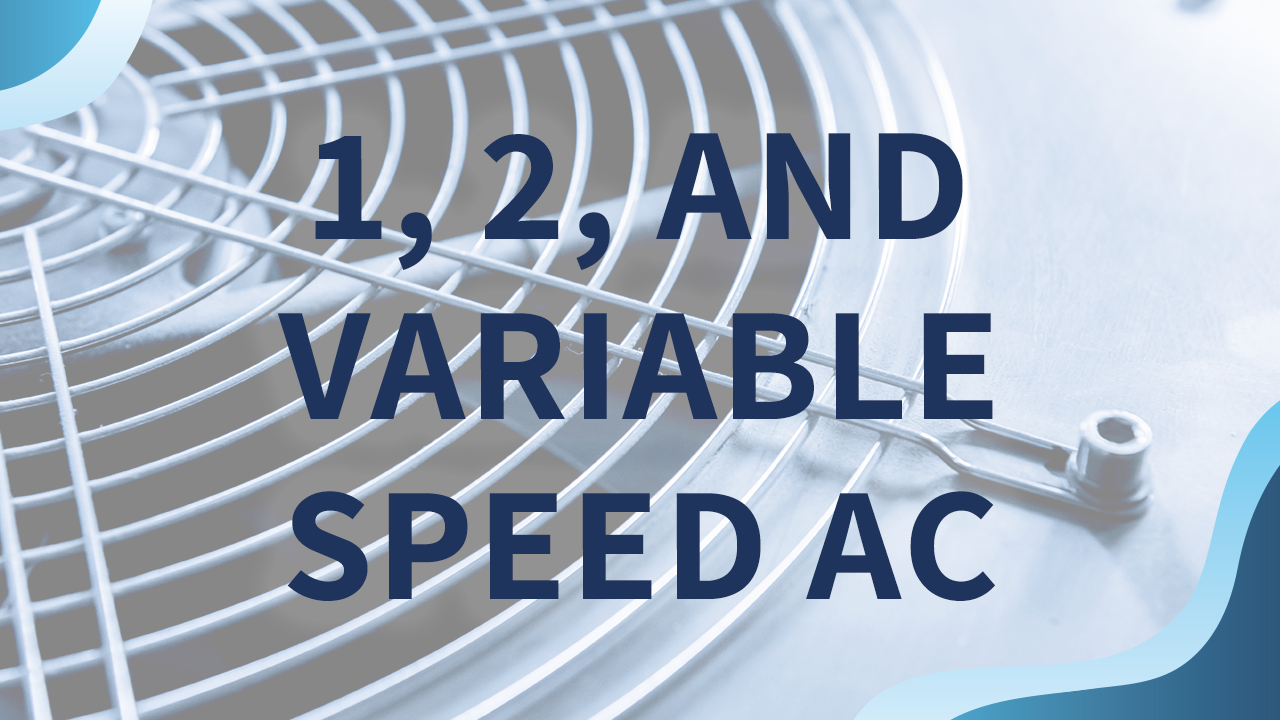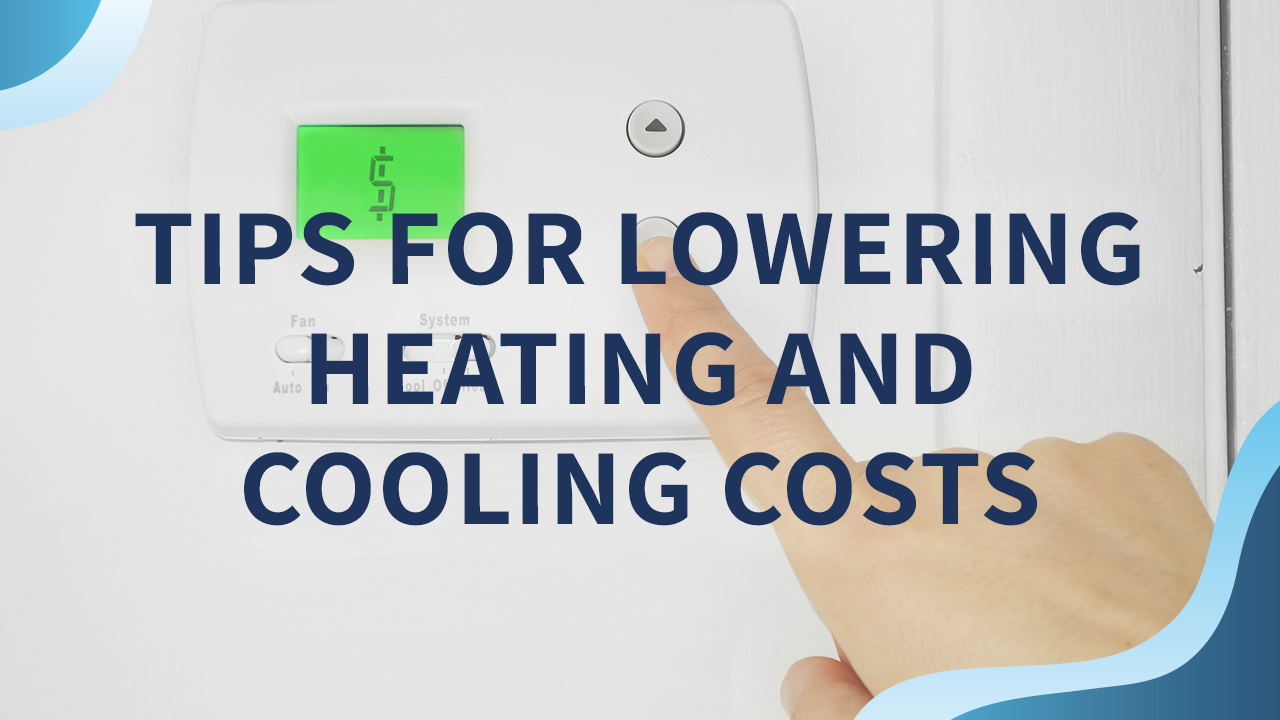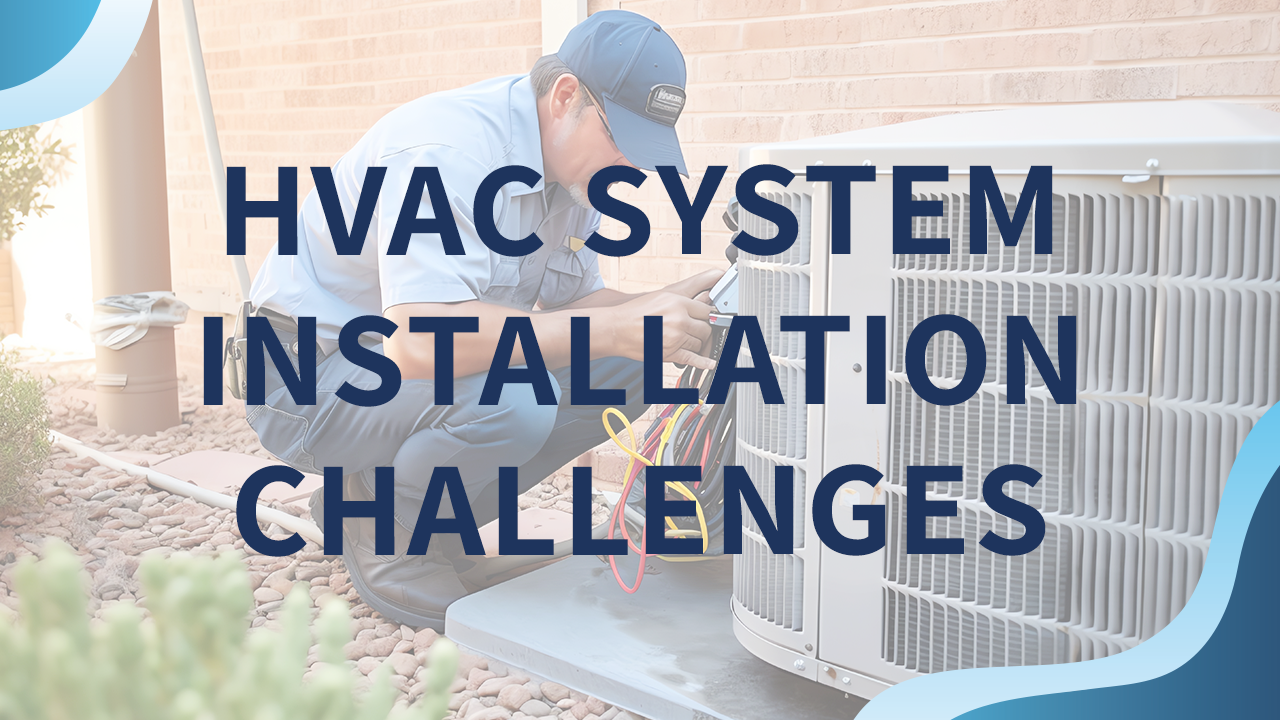Heat pumps are energy-efficient, versatile heating and cooling systems installed outside your home. Heat pumps reduce the temperature of homes by removing heat from inside the building to the outside. This process also works in reverse so that the same system will heat a home during the cold season.
“A heat pump system works based on the principle that moving something is more accessible than making something.”
Most heat pump systems are split systems because they consist of two parts:
- Indoor air handler
- Outdoor unit.
When the temperature is cooler, the heat pump pulls heat from the outside air into the home. For example, most heat pumps can remove enough heat from the outside air to heat a home to 70 degrees even when the outside air temperature drops into the thirties.
Heat pumps are popular because they run on electricity, eliminating the need to access natural gas. Consumers also enjoy heat pump systems because they are an efficient way to heat and chill homes, especially when choosing a geothermal heat pump that produces more cool and warm air by volume than the amount of energy required to run them.
“What is the downside to a heat pump? First, a heat pump is not a good option for customers in areas that drop below freezing in the winter, as they will sacrifice both efficiency and comfort in those conditions.”
To better understand the advantages and disadvantages of a heat pump system, the following are some of them:
Advantages of Heat Pumps:
- Decreased cost of maintenance
- Lower running prices
- Better safety
- Reduces carbon emissions
- Long life-span
Disadvantages of Heat Pumps:
- Issues in extreme cold weather
- Planning permissions required
- High upfront cost
- Difficult to install


Heat Pumps vs. Air Conditioners
When it’s time to upgrade and replace a building’s HVAC system, many consumers are overwhelmed by the available options. For example, which is better, air conditioner or heat pump?
It’s often up to the HVAC professional to guide them through the options and help them make the best decision. But explaining the differences between types of HVAC options can be a challenge. How, for example, do you explain the key differences between a heat pump and an air conditioner in a way that the average property owner understands?
This article will explain the difference between a heat pump and a traditional air conditioner and how customers choose the right option for their needs.
What is an Air Conditioner?
Much like a heat pump, a central air conditioner extracts heat from the inside and moves it outside the building. However, an air conditioner only cools a home, much as its name implies. Therefore, an additional furnace is required to heat a building.
Also, like heat pumps, many central air conditioning systems have a split system. The air conditioner relies on refrigerants to pull heat from home and release it outdoors. In the process, it dehumidifies the air. The cool air is then distributed throughout a building with ductwork.
Some consumers prefer central air conditioning over a heat pump because the specialized system is considered the most effective way to cool a home consistently.
However, because it cannot heat the building, consumers in areas where the temperature drops below 60 degrees have to purchase an accompanying furnace, requiring additional space and a more significant initial investment.


Main Differences Between Heat Pumps and Air Conditioners
The main difference between an air conditioner and a heat pump is the ability to heat a building.
A heat pump features a reversing valve in the outdoor unit, so it can absorb heat energy from outside air, even in cold temperatures, and transfer this heat to the inside of a property. On the other hand, an air conditioner can only cool a home. Therefore, an accompanying furnace is needed to control the climate of a building fully.
Of course, a heat pump has its limits. When the outside temperatures drop below freezing, a heat pump is inefficient. It requires more energy to maintain warm temperatures inside the building. Many heat pumps feature an auxiliary electric heater attached to the indoor unit to add extra heat when outdoor temperatures drop too low. Additional heating, however, is inefficient. Cold temperatures don’t raise the same issues for air conditioner and furnace properties.
How to Choose Between a Heat Pump and an Air Conditioner
Depending on a property and its location, a heat pump and an air conditioner can be a good option. When choosing between a heat pump and an air conditioner, consider the following factors:
1) Upfront Costs
Does a heat pump cost more than an air conditioner? How much does a heat pump cost to purchase and install? What about an air conditioner?
While the indoor unit of a heat pump generally boasts a lower cost, the accompanying outdoor unit can have a higher upfront cost than an air conditioner. Remember, when purchasing an air conditioner, running a furnace will also be necessary.
2) Cost to Operate
What is the energy efficiency of a heat pump compared to an air conditioner?
Heat pump systems provide energy-efficient electric heat in moderately cold temperatures and cost less to operate under those conditions than furnaces and systems that use more expensive fuel sources.
However, when temperatures drop below freezing, a heat pump requires more energy to maintain the indoor climate and therefore costs more to operate. When cooling, both heat pumps and air conditioners can be highly efficient based on the equipment’s SEER rating.
3) Equipment Lifetime
How long will a heat pump last compared to how long an air conditioner can be used?
After all, lower upfront costs are wasted if the equipment has to be replaced years earlier than a more expensive alternative. Of course, a heat pump and an air conditioning system’s longevity can be affected by various factors. In general, however, an air conditioning unit lasts longer than a heat pump.Why? Since a heat pump heats and cools a home, it is used year-round, possibly twice as much as an air conditioner. In addition, a heat pump doesn’t get a seasonal break from the operation.
Still unsure whether a heat pump or an air conditioning system is suitable for your property? Then, why not ask a professional for advice? An HVAC professional can help you understand the ins and outs of each type of system and consider what is best for your specific situation.
“A heat pump system works based on the principle that moving something is more accessible than making something.”
Most heat pump systems are split systems because they consist of two parts:
- Indoor air handler
- Outdoor unit.
When the temperature is cooler, the heat pump pulls heat from the outside air into the home. For example, most heat pumps can remove enough heat from the outside air to heat a home to 70 degrees even when the outside air temperature drops into the thirties.
Heat pumps are popular because they run on electricity, eliminating the need to access natural gas. Consumers also enjoy heat pump systems because they are an efficient way to heat and chill homes, especially when choosing a geothermal heat pump that produces more cool and warm air by volume than the amount of energy required to run them.
“What is the downside to a heat pump? First, a heat pump is not a good option for customers in areas that drop below freezing in the winter, as they will sacrifice both efficiency and comfort in those conditions.”
To better understand the advantages and disadvantages of a heat pump system, the following are some of them:
Advantages of Heat Pumps:
- Decreased cost of maintenance
- Lower running prices
- Better safety
- Reduces carbon emissions
- Long life-span
Disadvantages of Heat Pumps:
- Issues in extreme cold weather
- Planning permissions required
- High upfront cost
- Difficult to install


Heat Pumps vs. Air Conditioners
When it’s time to upgrade and replace a building’s HVAC system, many consumers are overwhelmed by the available options. For example, which is better, air conditioner or heat pump?
It’s often up to the HVAC professional to guide them through the options and help them make the best decision. But explaining the differences between types of HVAC options can be a challenge. How, for example, do you explain the key differences between a heat pump and an air conditioner in a way that the average property owner understands?
This article will explain the difference between a heat pump and a traditional air conditioner and how customers choose the right option for their needs.
What is an Air Conditioner?
Much like a heat pump, a central air conditioner extracts heat from the inside and moves it outside the building. However, an air conditioner only cools a home, much as its name implies. Therefore, an additional furnace is required to heat a building.
Also, like heat pumps, many central air conditioning systems have a split system. The air conditioner relies on refrigerants to pull heat from home and release it outdoors. In the process, it dehumidifies the air. The cool air is then distributed throughout a building with ductwork.
Some consumers prefer central air conditioning over a heat pump because the specialized system is considered the most effective way to cool a home consistently.
However, because it cannot heat the building, consumers in areas where the temperature drops below 60 degrees have to purchase an accompanying furnace, requiring additional space and a more significant initial investment.
Main Differences Between Heat Pumps and Air Conditioners
The main difference between an air conditioner and a heat pump is the ability to heat a building.
A heat pump features a reversing valve in the outdoor unit, so it can absorb heat energy from outside air, even in cold temperatures, and transfer this heat to the inside of a property. On the other hand, an air conditioner can only cool a home. Therefore, an accompanying furnace is needed to control the climate of a building fully.
Of course, a heat pump has its limits. When the outside temperatures drop below freezing, a heat pump is inefficient. It requires more energy to maintain warm temperatures inside the building. Many heat pumps feature an auxiliary electric heater attached to the indoor unit to add extra heat when outdoor temperatures drop too low. Additional heating, however, is inefficient. Cold temperatures don’t raise the same issues for air conditioner and furnace properties.
How to Choose Between a Heat Pump and an Air Conditioner
Depending on a property and its location, a heat pump and an air conditioner can be a good option. When choosing between a heat pump and an air conditioner, consider the following factors:
1) Upfront Costs
Does a heat pump cost more than an air conditioner? How much does a heat pump cost to purchase and install? What about an air conditioner?
While the indoor unit of a heat pump generally boasts a lower cost, the accompanying outdoor unit can have a higher upfront cost than an air conditioner. Remember, when purchasing an air conditioner, running a furnace will also be necessary.
2) Cost to Operate
What is the energy efficiency of a heat pump compared to an air conditioner?
Heat pump systems provide energy-efficient electric heat in moderately cold temperatures and cost less to operate under those conditions than furnaces and systems that use more expensive fuel sources.
However, when temperatures drop below freezing, a heat pump requires more energy to maintain the indoor climate and therefore costs more to operate. When cooling, both heat pumps and air conditioners can be highly efficient based on the equipment’s SEER rating.
3) Equipment Lifetime
How long will a heat pump last compared to how long an air conditioner can be used?
After all, lower upfront costs are wasted if the equipment has to be replaced years earlier than a more expensive alternative. Of course, a heat pump and an air conditioning system’s longevity can be affected by various factors. In general, however, an air conditioning unit lasts longer than a heat pump.Why? Since a heat pump heats and cools a home, it is used year-round, possibly twice as much as an air conditioner. In addition, a heat pump doesn’t get a seasonal break from the operation.
Still unsure whether a heat pump or an air conditioning system is suitable for your property? Then, why not ask a professional for advice? An HVAC professional can help you understand the ins and outs of each type of system and consider what is best for your specific situation.
